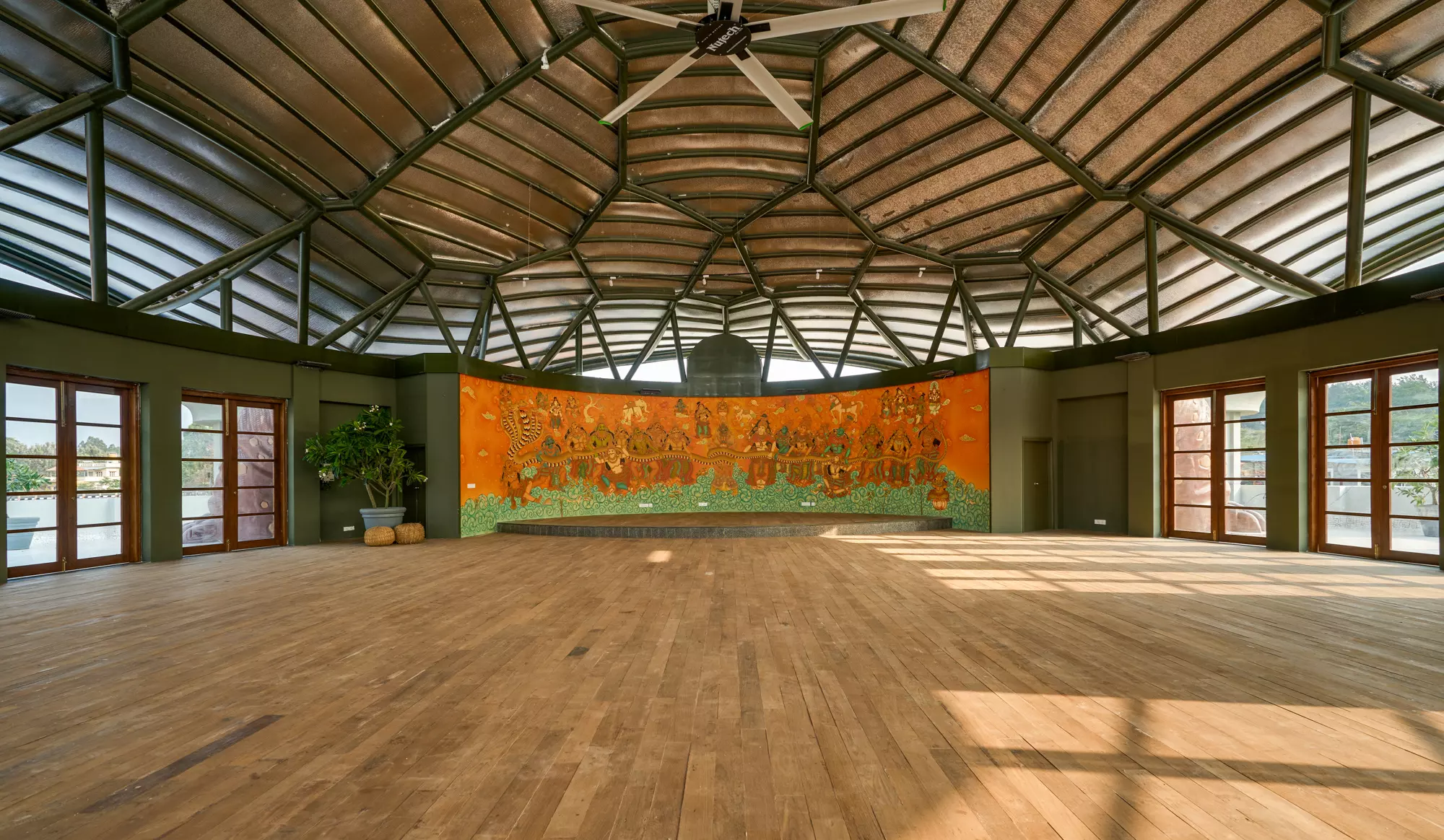By Ruben Koh for The Straits Times
Copyright tnp

For years, buying a home overseas was seen as the domain of the ultra-wealthy – an indulgence tied to luxury lifestyles or high-yielding property portfolios. But that profile is changing.
Today, more upper-middle-income Singaporeans are entering international markets – not to flip homes or chase speculative gains, but to plan for their children’s education, retirement, or long-term lifestyle flexibility. Some also see it as a hedge against inflation or currency devaluation. While the motivations have matured, the risks remain. So too does the need for realistic planning.
A new wave of overseas buyers
We’re seeing growing interest from professionals, business owners and families who aren’t just buying for investment, but for practical, life-stage reasons. In some cases, parents are purchasing properties near universities abroad to support their children’s multi-year studies. Others are looking at seasonal homes or retirement bases, drawn by lifestyle familiarity and healthcare access in cities like Melbourne, Perth, Sydney or London. Some view overseas property as a hedge – a way to diversify beyond Singapore’s tightly regulated market.
Who are these Singaporeans? They are not tycoons but relatively well-off, from households earning anything upward of $14,000 a month. We see them looking for properties ranging between $800,000 and $1.5 million.
More of them are property hunting overseas and this shift is backed by market data. According to UK-based mortgage publication Introducer Today, Singaporeans ranked among the top five foreign nationalities purchasing UK property in 2024, underscoring how overseas real estate is increasingly viewed as part of mainstream financial and lifestyle planning. Similarly, Singapore buyers remain consistently active in the Australian residential market, favouring cities with stable governance, strong infrastructure, and family-friendly amenities.
One couple in their 40s recently purchased a two-bedroom apartment in Sydney, initially intended for their daughter’s education. Their thinking was: instead of paying rent and relying on landlords, why not invest in a secure, well-located property? With interest rates on local savings low, and the Singapore dollar strong against the Australian dollar, the investment also served as a potential seasonal retirement base. If their daughter decides to stay on and work in Australia after her graduation, the property can continue serving its purpose. Over time, they expect the property to retain or even appreciate in value, offering a potential buffer against inflation.
The benefits and the caveats
These purchases aren’t always about yield but are made with an eye on the long term. Many Singaporean buyers are increasingly buying overseas properties for their proximity to schools, medical facilities or transport networks, not just capital appreciation.
However, international property ownership is not without its challenges. Foreign exchange volatility, evolving tax policies, and complex legal structures can affect both affordability and resale value. For example, capital gains tax can significantly reduce profits upon exit, and stamp duties for foreign buyers in some markets have risen sharply in recent years.
One buyer decided to save on interest costs by financing his foreign property with a Singapore dollar-denominated loan instead of the British pound. At the time of financing, the pound stood at 1.9 Singapore dollars. But following Brexit, the exchange rate fell to around 1.68. On a £200,000 loan (initially worth about S$380,000), the currency swing led to a shortfall of $44,000 when it came time to redeem the loan – effectively eroding the buyer’s capital gains.
There are also lessons to be learnt from the past. In the early 2010s, some Singaporeans invested in overseas developments that either stalled or failed to deliver promised returns – including land banking schemes or projects marketed aggressively with little regulatory oversight. These cases are reminders of the risk that can arise when decisions are driven by emotion or slick marketing, rather than due diligence.
What smart buyers are doing differently
Today’s overseas buyers are typically more cautious and informed. Many are first-time international purchasers who ask detailed questions about developer reputation, property management, and exit strategy. Increasingly, we see buyers requesting legal reviews of contracts or asking about leasing viability, indicating a shift towards more structured decision-making.
Popular destinations such as the UK and Australia remain favoured not just for lifestyle, but for their legal clarity, transparent markets, and perceived stability. Some are also exploring opportunities in Japan and Europe, though often with professional advice to navigate differing property laws and financing structures.
For example, a young couple with disposable income to invest, were seeking to improve their cash flow amid low returns from traditional savings options. With guidance, they explored Minpaku-licensed properties in Osaka – short-term rental units that can generate higher yields compared with standard leases.
Tourism in Osaka reached 37 million in 2024, with projections climbing to 60 million by 2030, spurred by major developments such as the upcoming integrated resort. The couple saw this as a viable way to diversify and enhance returns, but only after understanding the associated legal and operational responsibilities.
Key considerations before taking the plunge
Before committing to an overseas property, buyers should start with a clear objective: is it for their children’s education, retirement, future mobility, or generating income? That clarity helps guide the right questions – and avoid missteps.
Next comes understanding the legal framework: What ownership rights do foreigners have? Are there limitations on resale or leasing? What taxes apply – not just at purchase, but annually and upon disposal?
Due diligence is critical. This includes understanding financing options, exchange rate exposure, and ongoing maintenance costs. In uncertain markets, liquidity matters. An overseas home may take far longer to sell than one in Singapore.
One also needs to be aware of foreign ownership laws. A Singaporean mother, for example, wanted to buy a property that was still being built and then transfer it to her son who was going to study in the UK. She amended her plan after discussions with us.
Had she bought it under a trust, she would not have been eligible for a loan. So she bought it in her own name with the intention of transferring it to her son when he reached legal age, before the property was completed. And since stamp duty in the UK is typically paid only when the property is delivered, there was no double taxation.
Not a luxury, but a planning tool
The rising interest in overseas homes by upper-middle-income Singaporeans signals a broader shift. These are no longer trophy assets, but planning tools tailored to specific life stages, needs and aspirations.
At the same time, they’re not without risk. The strong Singapore dollar may make foreign property more affordable today, but exchange rates, regulations and macroeconomic uncertainty can quickly change the equation. In other words, if the Singapore dollar continues to strengthen against the foreign currency, any capital gains could get eroded. That is why we usually advocate financing in the local currency to hedge against exchange rate risk.
Ultimately, while owning overseas property can offer flexibility, diversification and a nice quality of life, the decision should be grounded in clear purpose and realistic budgeting, and undertaken only after rigorous due diligence.
Can you continue to service the mortgages? Are you prepared for periods of vacancy such as the one brought on by the recent pandemic, which saw an exodus of tenants?
Once you have asked yourself these questions – and answered them – then owning a piece of property in a foreign land is an option worth considering.
Ruben Koh is senior director and head of International Residential Sales at Savills Singapore.



